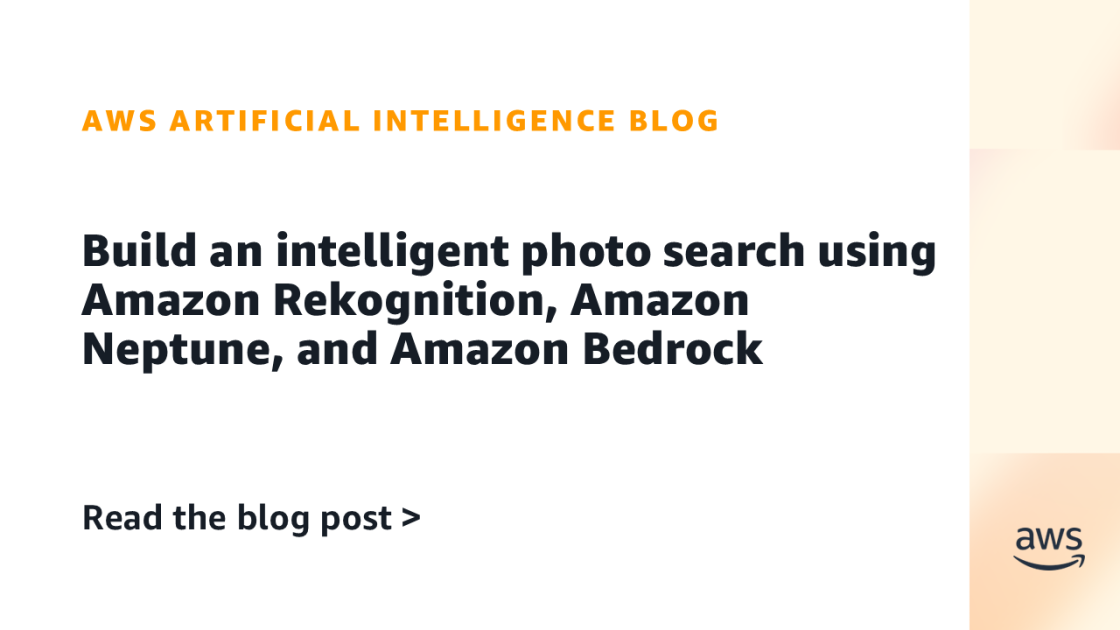
HPC clusters based on our recently announced A4 and A4X VMs are also a critical component of our scientific discovery portfolio. A4 VMs, built on NVIDIA’s latest HGX B200 GPUs, are a versatile and powerful tool for multiple scientific computing applications, offering excellent performance for direct numerical simulation, and for AI training. A4X VMs, accelerated by NVIDIA GB200 NVL72 GPUs, are purpose-built for training and serving the most demanding, extra-large-scale AI workloads.
Clusters using these GPU-powered VMs can also unlock supercomputing-class performance for the next frontier of innovation: quantum computing. In the future, quantum computing systems will allow scientists to solve problems that are intractable even with the most powerful traditional supercomputers. In the meantime, HPC clusters based on A-series VMs can be used to design tomorrow’s quantum computers and optimize quantum algorithms, by simulating large quantum circuits using the quantum simulation solution blueprint.
For example, Google Research’s Quantum AI team leverages Google Cloud to simulate the intricate device physics of quantum hardware, develop sophisticated hybrid quantum-classical algorithms, and explore and test novel quantum algorithms. This robust simulation environment facilitates scientific breakthroughs by delivering the performance and scalability essential for demanding quantum research workflows.
“We observed excellent scalability simulating a 43-qubit circuit with a depth of 30 on Google Cloud’s new GPU-based supercomputers. These results underscore the potential for researchers to develop and test larger and deeper quantum circuits, which is important for understanding the performance of quantum algorithms and accelerating progress toward applications for today’s quantum computers.” – Sergio Boixo, Director, Computer Science, Google Quantum AI
HPC clusters demand high I/O performance to keep computational performance from stalling. Our new Google Cloud Managed Lustre storage service, developed in collaboration with DataDirect Networks and based on EXAScaler technology, provides the I/O performance needed for supercomputing-scale applications. Google Cloud Managed Lustre delivers a high-performance, fully-managed parallel file system optimized for HPC and AI applications. With petabyte-scale capacity and up to 1 TB/s throughput, Managed Lustre ensures researchers have the I/O performance they need to power their scientific discoveries. Request access to the Managed Lustre preview by contacting your account representative.
Advanced scientific applications powered by AI models
We recently announced our first AI-powered science applications for researchers and enterprises on Google Cloud: the groundbreaking AlphaFold 3 molecular structure and interaction prediction model, and the WeatherNext weather forecasting models.
AlphaFold 3, developed by Google DeepMind and Isomorphic Labs, is revolutionizing biology through its ability to predict the structure and interactions of all of life’s molecules with unprecedented accuracy. Understanding molecular structures and their interactions helps researchers better grasp complex interactions in human health and disease. AlphaFold 3 is now available for non-commercial use on Google Cloud.
“Having access to the scientific capabilities of AlphaFold on Google Cloud can help our research rapidly predict and explore the structure and interactions of all biomolecule classes. This change in capability will accelerate our understanding of diseases and enable the generation of therapeutic hypotheses.” – Sumaiya Iqbal, Senior group lead of the Ladders to Cures Accelerator, Broad Institute
To further support users, we’re simplifying access to AlphaFold 3 through a new high-throughput solution deployable via Cluster Toolkit. This turnkey solution enables efficient batch processing of hundreds to tens of thousands of sequences while minimizing costs by autoscaling infrastructure.
In the domain of weather, Google DeepMind and Google Research WeatherNext models use AI for fast and accurate weather forecasting, and we recently released live WeatherNext AI forecasts on BigQuery and Earth Engine. Today, we’re introducing access to WeatherNext AI models via Google Cloud’s Vertex AI Model Garden, enabling practitioners to customize and deploy these advanced models for energy prediction, logistics, agriculture, risk management, and more.
With easier and more affordable access to faster and more accurate weather forecasting models, researchers can study far more scenarios, and organizations can better prepare for weather events — such as heat waves, floods, and hurricanes — to reduce their impact on infrastructure, personnel, supply chains, and communities.
Source Credit: https://cloud.google.com/blog/topics/hpc/powering-scientific-discovery-with-google-cloud/





